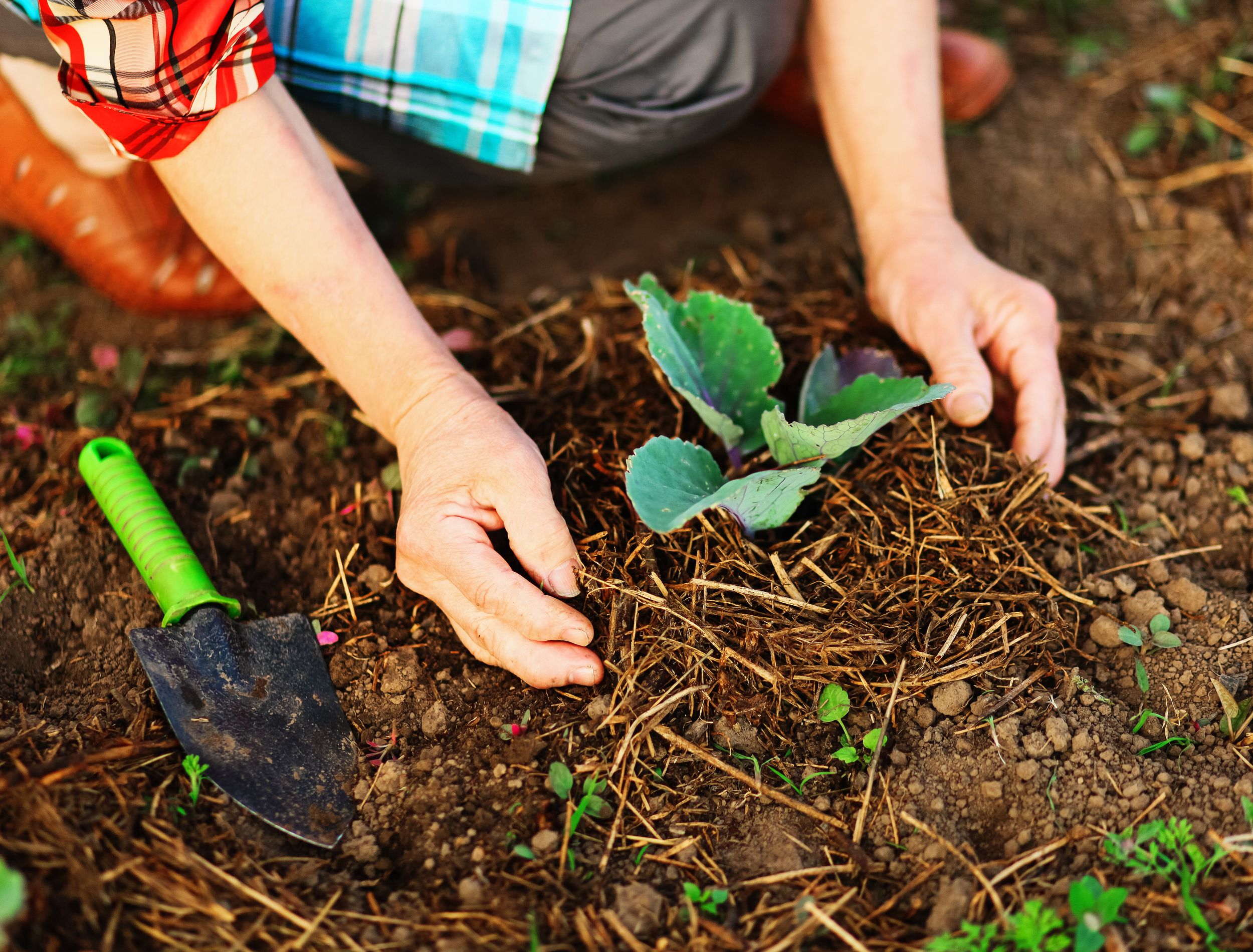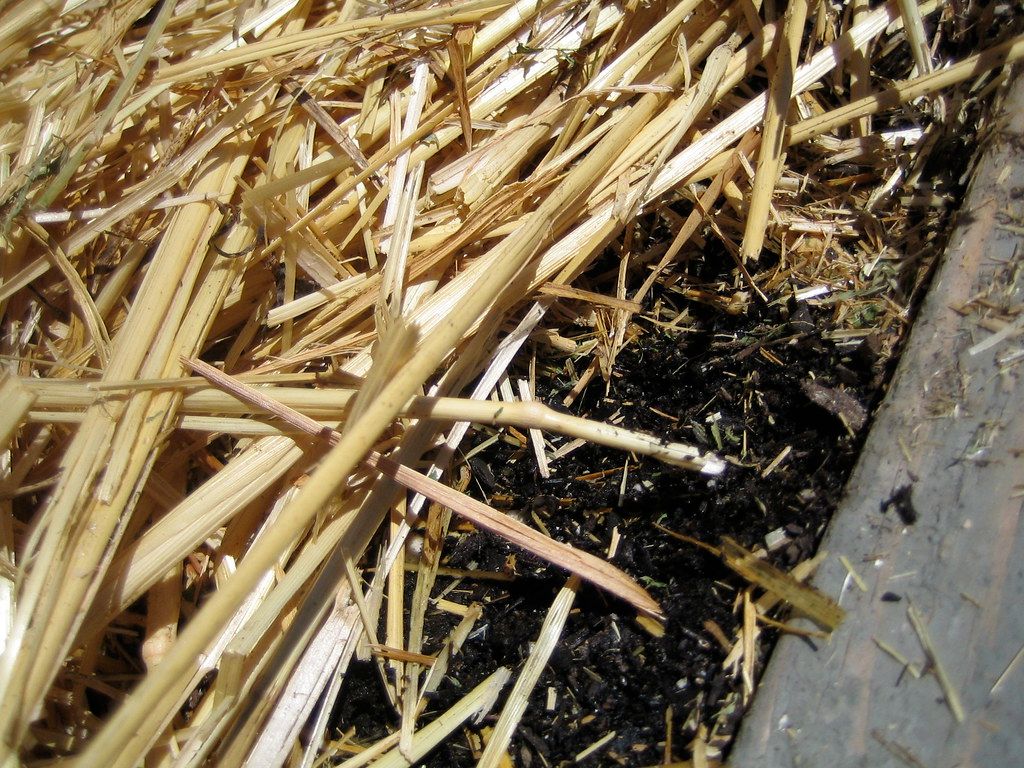One of the most important things you can do for your landscape is to choose the right garden mulch. Mulch helps to keep weeds at bay, retain moisture in the soil, and provides essential nutrients for your plants.
But with so many different types of mulch available, how do you know which one is right for your garden? Here are a few things to consider when choosing a garden mulch.
What type of plants do you have?
Image credits: stellar678 via openverse
Some plants prefer a certain type of mulch, so it's important to choose one that will be compatible with your plants. Here are some examples:
- Pine needles: Pine needles make a great mulch for acid-loving plants such as rhododendrons and azaleas.
- Straw: Straw mulch helps to suppress weed growth, conserve soil moisture, and keep the roots of your plants warm in winter and cool in summer. It also breaks down over time, adding valuable nutrients to the soil. Best of all, straw mulch is inexpensive and easy to find!
- Shredded bark: If you're looking to add some extra nutrient-rich organic matter to your garden beds, then consider using shredded bark. This type of mulch is made from the shredded bark of trees and can be a great way to improve the health of your soil.
- Shredded leaves: Shredded leaves make a great garden mulch for most plants. They help to keep the soil moist and help to prevent weeds from taking over.
- Stones or river rock: Stones and river rock are excellent at retaining moisture, so they can help to keep your plants hydrated during dry periods. They also help to insulate the soil, keeping it cooler in summer and warmer in winter. In addition, stones and river rock can help to suppress weeds by preventing light from reaching the soil.
- Compost: Compost is a great mulch for all plants. It helps to add nutrients to the soil and also helps to keep the soil moist.
What time of year are you mulching?
Image credits: ArtisticOperations via Pixabay
Organic garden mulches, like leaves, grass clippings, and wood chips, break down over time and need to be replaced regularly. In general, organic mulches should be applied in early to late spring. This will help ensure that your plants have a fresh supply of nutrients throughout the growing season. If you're mulching in the spring, you'll want to choose a light-colored mulch, so it doesn't absorb too much heat and damage your plants.
Inorganic garden mulches, like gravel or stones, last longer but can be more difficult to apply evenly. In general, they should be applied in early spring before new growth begins. This will help prevent weeds from getting a foothold in your garden.
No matter what type of garden mulch you choose, be sure to apply it evenly and at the correct depth. Too much mulch can smother your plants, while too little won't provide enough protection. A good rule of thumb is to apply to a depth of 2 to 3 inches.
What is your budget?
Image credits: artursfoto via Canva
There are many different types of garden mulches available, and they can range in price from very cheap to quite expensive. So how do you know which one is right for you?
The answer lies in understanding what your budget is for this project. Garden mulches come in a variety of prices, so it's important to have an idea of how much you're willing to spend before you start shopping. Once you know your budget, you can narrow down your choices and find one that's right for you.
One of the most important things to keep in mind when choosing a garden mulch is that you get what you pay for. The cheapest mulches may save you money upfront, but they won't last as long, and they won't do as good a job of protecting your plants. If you can afford to spend a bit more on your garden mulch, it will pay off in the long run.
So, don't skimp on mulch just to save a few dollars. Choose the mulch that's right for your garden and your budget, and you'll be happy with the results.
In Summary
Now that you know what to look for when choosing a garden mulch, it's time to get shopping! With so many different types and brands of mulch available, it can be tough to decide which one is right for your garden. But don't worry – we're here to help. Do you have any tips or tricks for choosing the right garden mulch? Let us know in the comments below!




